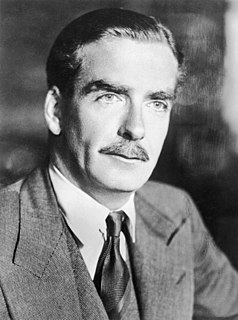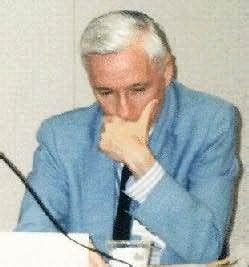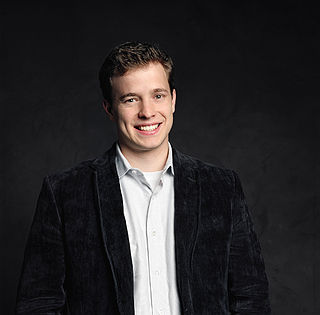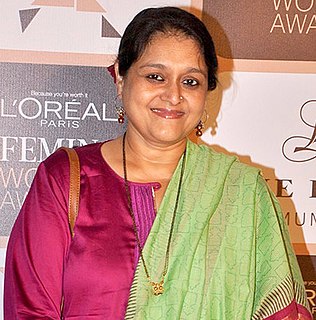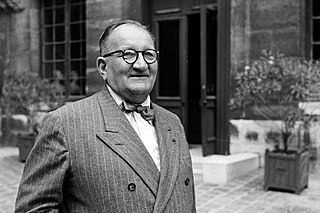A Quote by Geraldine Ferraro
If you ask me a question, don't tell me what the question is in advance, 'cause I'd rather not know.
Related Quotes
When I get that question, about diversity, I don't go, "Yeah, well you know they don't pay me." That's not my story. I own six properties; Hollywood has been damn good to me. Now you can ask me, "Have they paid you what you deserve?" That's the question, but you'd have to go to the studios, I don't know. I do the work!
For me, I felt bad for people asking the questions, cause you know their boss sent them out saying, 'Get me something on Mission Impossible.' And you ask the question, and it's just a polite, 'I'm not going to tell you.' Then, every so often, they'd go, 'Well, can't you just tell us a little bit?' I have to say, 'You know what guys, I'm under contract and I'm not going to tell you anything.' So you keep asking the questions and I'm just going to keep smiling. And it's hard, cause I don't want to seem rude, but it's part of my job just like it's part of their job to keep a secret.
Do not ask the stones or the trees how to live, they can not tell you ; they do not have tongues; do not ask the wise man how to live for, if he knows , he will know he cannot tell you; if you would learn how to live , do not ask the question; its answer is not in the question but in the answer, which is not in words; do not ask how to live, but, instead, proceed to do so.
When you go to a voice-based interaction, you can't tell people, 'Ask me this question and structure it in this way.' And if they ask a question, and you have a bad answer, first time, maybe they'll be okay with it. Third time, they're going to say, 'This is a complete waste of time. I'm going away.'
And one day we must ask the question, "Why are there forty million poor people in America?" And when you begin to ask that question, you are raising questions about the economic system, about a broader distribution of wealth. When you ask that question, you begin to question the capitalistic economy.
It's important to be able to simply ask the questions. Every single advance in science comes about because of courage to ask a question, an outrageous question. Like "Can a large heavy metal object fly if it goes fast enough with the right design?" People's worldviews are changed when they see that something unbelievable is possible. Airplane flight is now taken for granted. And so all wonderful advances start with an outrageous question.
What I need first of all is not exhortation, but a gospel, not directions for saving myself but knowledge of how God has saved me. Have you any good news? That is the question that I ask of you. I know your exhortations will not help me. But if anything has been done to save me, will you not tell me the facts?
Why are there organized beings? Why is there something rather than nothing? Here again, I fully understand a scientist who refuses to ask it. He is welcome to tell me that the question does not make sense. Scientifically speaking, it does not. Metaphysically speaking, however, it does. Science can account for many things in the world; it may some day account for all that which the world of phenomena actually is. But why anything at all is, or exists, science knows not, precisely because it cannot even ask the question.
"Where do you get your ideas?" That's the one question I'm genuinely sick of being asked, and also genuinely fascinated by. What fascinates me is not that people ask the question, but what kind of answer are they really looking for? Because if I tell them the truth, which is "I make them up," they seem very disappointed. They want to know about the trek I do once a year to the mountain.



